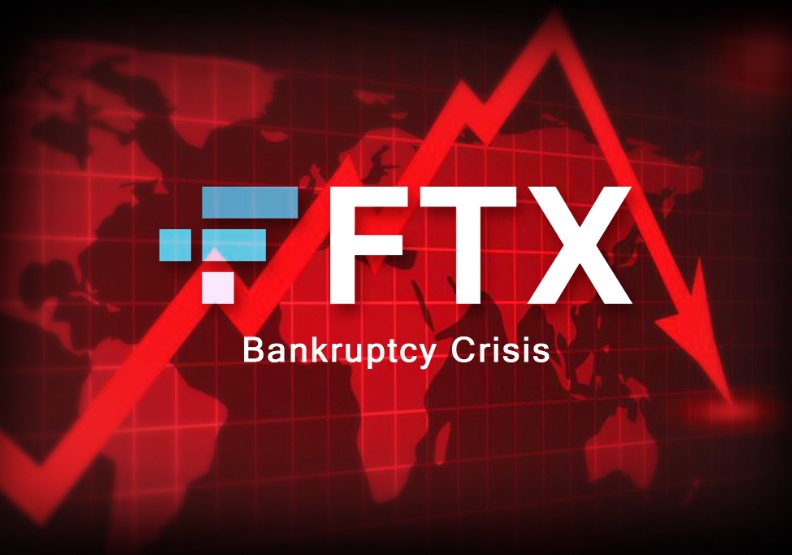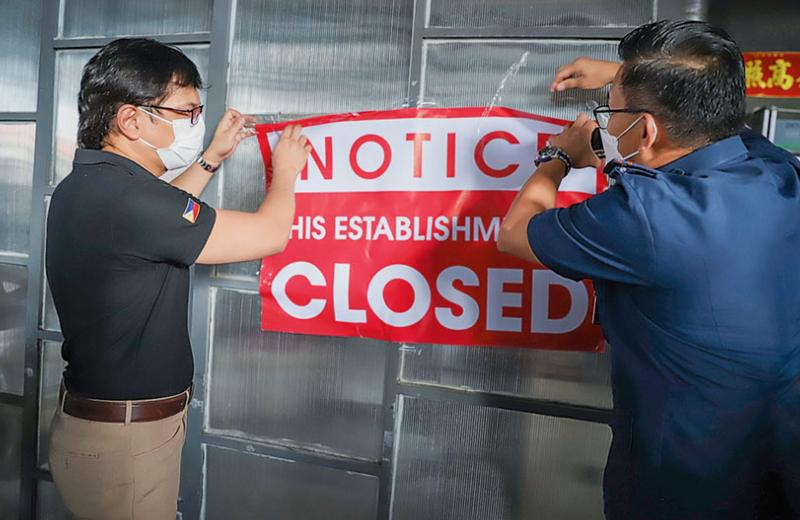Black swan events in the gaming industry refer to those events that are difficult to predict and have a significant impact on the industry. Once these events occur, they will have a huge impact on practitioners. Understanding black swan events and peeking out some patterns from them is the first lesson for beginners in the gaming industry. The following are some of the more famous black swan events in the global gaming market in recent years:
1. COVID-19 Outbreak (2020)

As the COVID-19 pandemic spreads rapidly around the world, countries have adopted lockdown and social distancing measures.
Sports event suspension: Almost all major sporting events have been canceled or postponed, resulting in a significant shrinkage in the sports betting market.
Closure of offline gaming venues: Casinos and betting shops were forced to close, resulting in a sharp drop in revenue.
Online gambling surges: While offline gambling was severely affected, online gambling grew during this period, compensating for some of the losses.
New turn: Bookmakers are beginning to invest more in new forms of betting, such as virtual sports and e-sports, in response to the challenges of the suspension of traditional sports events.
2. Cryptocurrency market collapse and FTX bankruptcy (2022)

In November 2022, the major cryptocurrency exchange FTX declared bankruptcy, causing the entire cryptocurrency market to collapse.
Crypto gambling platforms hit: Gambling platforms that rely on cryptocurrency transactions have been severely affected, with user confidence declining and trading volume decreasing
Strengthened supervision: Regulators in various countries have begun to conduct stricter scrutiny and supervision on cryptocurrencies and related gambling activities, increasing the compliance costs of the industry.
3. Russia invades Ukraine (2022)
In February 2022, Russia launched a military offensive against Ukraine.
Economic sanctions and supply chain disruptions: The international community has imposed extensive economic sanctions on Russia, leading to supply chain disruptions and energy price spikes. This has had an impact on the global economy, including the gaming industry.
Increased market uncertainty: Geopolitical instability has led to increased market uncertainty, affecting gaming companies’ operations and investment decisions.
4. Government’s Crackdown on Philippine Offshore Gaming Operators (POGOs) (2023)

The Philippine government has stepped up its crackdown on illegal gambling activities, especially POGOs.
Increased law enforcement actions: The government implemented a series of law enforcement actions, shut down a number of POGOs operating illegally, and arrested a large number of people involved.
Revenue volatility: These crackdowns have resulted in a loss of confidence among legal gaming operators and have also increased compliance costs for the industry.
From the above black swan events, it is not difficult to see that the black swan events that the gaming industry may face in the future include the following categories:
1. Technological progress and cybersecurity threats
Artificial intelligence cheating: With the development of AI technology, gambling cheating using AI may occur, which is difficult to detect and prevent.
Quantum computing attacks: The development of quantum computing may break through existing encryption technology, causing the security system of the gambling platform to fail and user data to be stolen or manipulated.
2. Legal and regulatory changes
Global gambling ban: Certain countries or international organizations suddenly introduce strict gambling bans or restrictions, causing the market to shrink significantly.
Changes in tax policies: A sudden increase in tax policies may cause a sharp increase in the operating costs of bookmakers and a decrease in profits.
3. Social and cultural changes
Increased negative social attitudes towards gambling: Increased negative public sentiment towards gambling could lead to more anti-gambling campaigns and regulatory pressure.
The outbreak of gambling addiction: The exposure of a large-scale gambling addiction problem may trigger a strong social backlash and legal intervention against the gambling industry.
4. Economic and financial turmoil
Global economic crisis: A global economic recession or financial crisis leads to a reduction in consumer disposable income, affecting the revenue of the gaming industry.
Inflation or currency devaluation: Economic turmoil in some countries leads to currency devaluation, affecting the operations and profits of bookmakers.
5. Environmental and public health incidents
Large-scale outbreak of new infectious diseases: A large-scale infectious disease similar to the COVID-19 pandemic has once again broken out, leading to the cancellation or postponement of sporting events and a reduction in gambling activities.
Natural disasters: Natural disasters such as earthquakes and hurricanes paralyze the gaming market in some areas.
6. Dramatic changes in market competition
The rise of new forms of gambling: New forms of gambling, such as blockchain gambling and virtual reality gambling, are rapidly emerging and may pose a threat to traditional gaming companies.
Entry of large technology companies: Technology giants enter the gaming market and quickly seize market share with their technological and resource advantages.
7. International politics and geopolitical risks
War or international conflict: War or international conflict in certain regions may lead to increased volatility and uncertainty in the gaming market.
International sanctions: Certain countries are subject to international sanctions, which causes their gaming industries to be severely hit.









